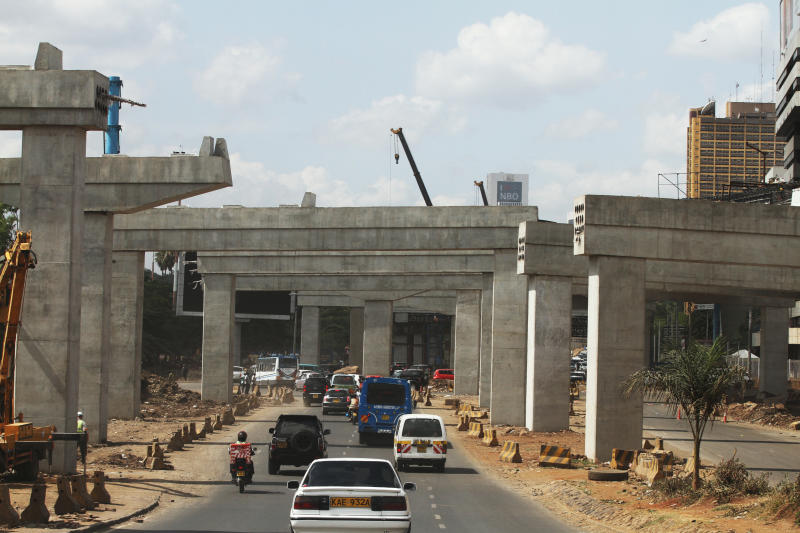×
The Standard e-Paper
Home To Bold Columnists

A section of the Nairobi expressway along Mombasa Road and Uhuru Highway under construction.[Elvis Ogina, Standard]
Fifteen years ago, Mohamed Gergawi was head of the land department in Dubai when he received a call from the ruler's office. Sheikh Mohamed, the ruler of Dubai wanted to see him the next morning at 11am. He spent the whole night sweating and wondering whether he had done something wrong. When he went, the ruler took him to the headquarters of Emaar, Dubai’s largest real estate development company.